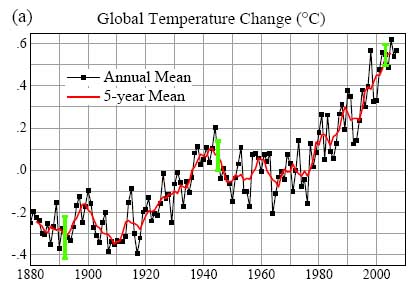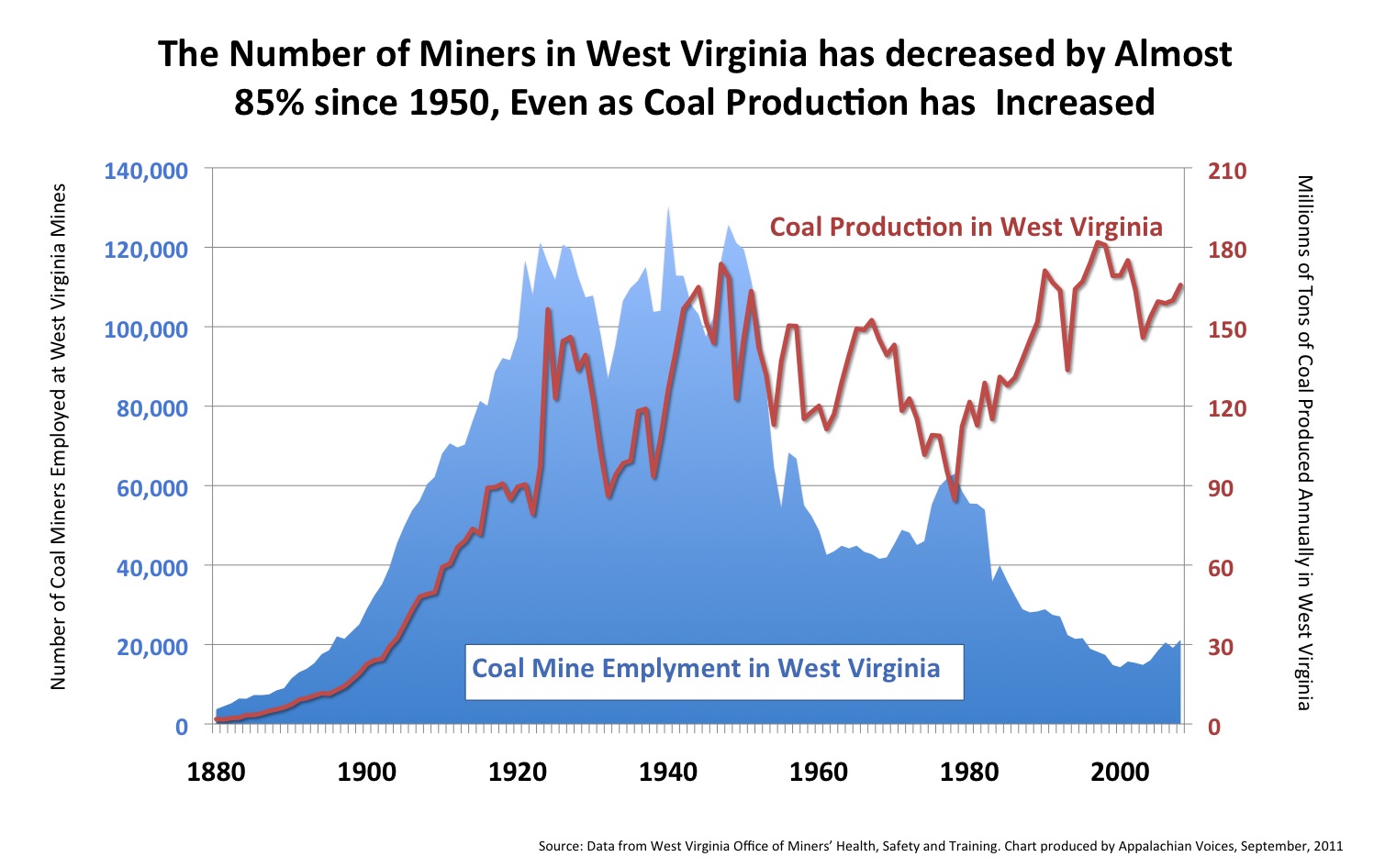Last Friday, EPA announced it will be considering revisions to the first-ever standards for controlling mercury, arsenic, selenium and other toxic pollutants from coal fired power plants, issued in December. These standards are the result of a years-long process, and while Appalachian Voices applauded them, many coal and utility companies vocally opposed them because coal plants would have to install new pollution controls.
Those controls would not only dramatically reduce the harmful toxics, they would also help control soot and other pollution. EPA estimates the standards would prevent as many as 11,000 premature deaths and 4,700 heart attacks a year, and reduce childhood asthma symptom and acute bronchitis, meaning fewer hospital visits and sick days. In other words, the rule is too important for the country to undergo weakening revisions.
The concern is that EPA, in reconsidering the standards, may weaken these critical health protections for five proposed coal fired power plants across the country, including Plant Washington in Georgia. The cynical approach to the news is to assume that this a political move or a concession to the coal and utilities industries. The optimistic approach is to assume that this is simply EPA making small alterations in order to create a sensible rule that can be implemented and enforced.
For now, we don’t know precisely what changes the EPA will make, but it is necessary that they enforce the Clean Air Act and refuse to compromise the health of the American people. Appalachian Voices will be closely following this process to ensure there is no backsliding.










